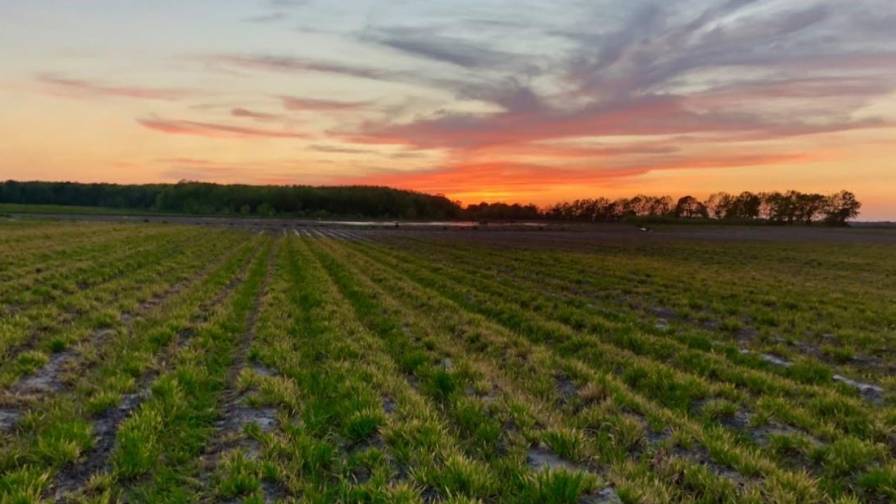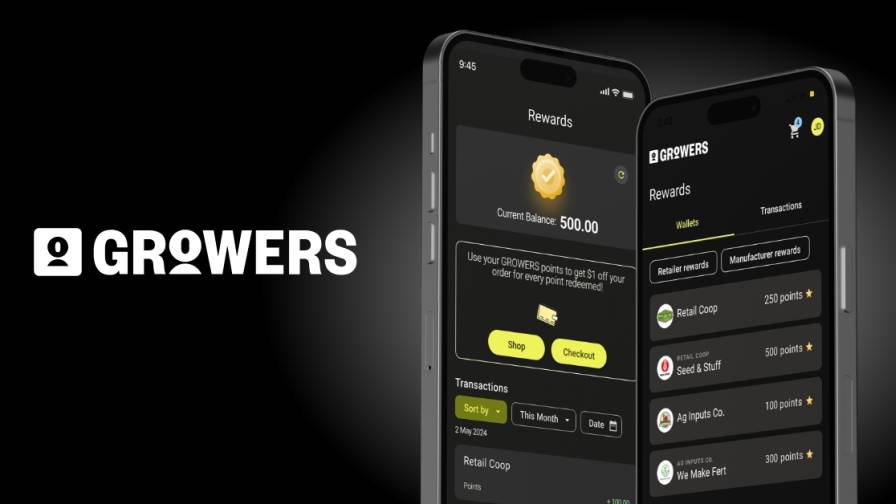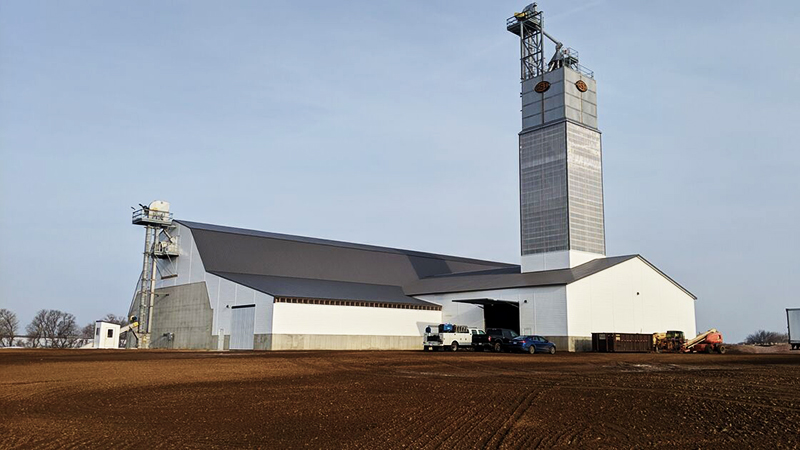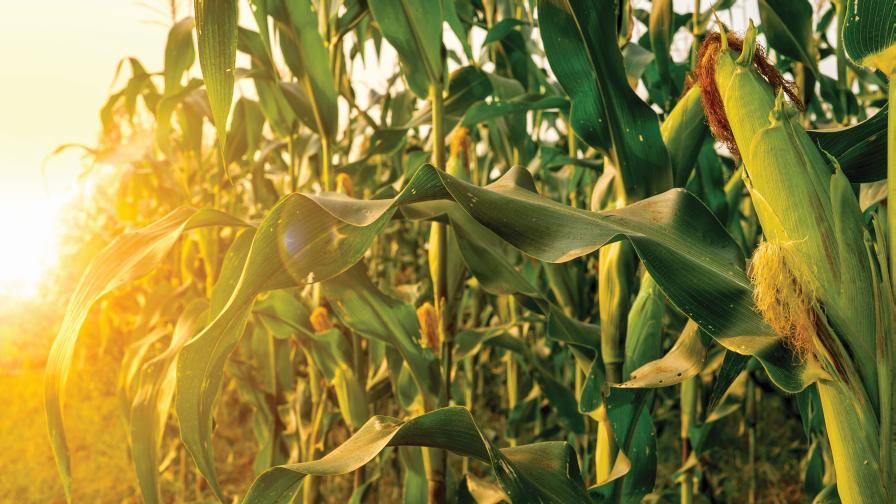When It Comes to Ag Tech, It’s All About AI in 2024
The Consumer Electronics Show (CES) has grown dramatically since its launch in 1967. In recent years, ag technology has increasingly carved out a presence at CES in the form of robotics and autonomous vehicles, to advancements in food production and crop protection.
It’s worth noting that last year, John Deere Chairman and CEO John May delivered a keynote at CES, while the company’s fully autonomous tractor earned several awards for innovation as well as vehicle tech and advanced mobility.
Adam Gittins, the newly appointed President of Iowa-based HTS Ag, and now a majority owner of the company, was attending CES in early January when I caught up with him to ask about his views on ag tech and how ag retailers are supporting their grower customers on the ag tech journey.
AI dominates technology developments and conversations right now not only in ag tech, but in other industries like construction, said Gittins.
For example, a keynote at this year’s CES highlighted advancements in construction tech. According to Gittins, Kisun Chung, Vice Chairman and CEO of HD Hyundai, mentioned AI, digital twins, and robotics among the technologies the company is using to advance the construction industry.
Some of the technologies they’re integrating into construction equipment can “see” and identify people and objects in real time, thereby improving the safety aspects of large excavators and other equipment with a goal of achieving zero accidents on construction sites, explained Gittins.
As he listened to Chung’s keynote, Gittins was thinking about the similarities with regards to AI’s impact in the ag tech sector and the innovations we’re likely to see in our industry.
“These connected machines have been using trillions of data sets to train AI models,” Gittins said, and now the AI has learned how to smoothly and expertly operate machines just like human operators have done for many years.
Gittins also imagines that AI will facilitate the move towards one operator controlling multiple vehicles.
“Maybe we’ll have an operator in the planter and the sprayer will be running autonomously in the same field, or vice versa,” he said. “Next, we might get to the point where we take some of the easier tasks and fully automate them and remove the driver from the cab and just have the vehicle in the field where we can watch it from a dashboard or watch and monitor multiple pieces of equipment from a dashboard.”
Gittins said there is also a lot of potential for AI to streamline and improve customer support.
“Instead of having to wait for a technician to call back, for instance, what if you could simply input a description of the problem you’re having online, then with AI, a knowledge base could be scanned in seconds to find a solution, and do it faster than I could,” he suggested.
The power of AI and the potential it holds for agriculture is only just starting to be revealed, concluded Gittins.






